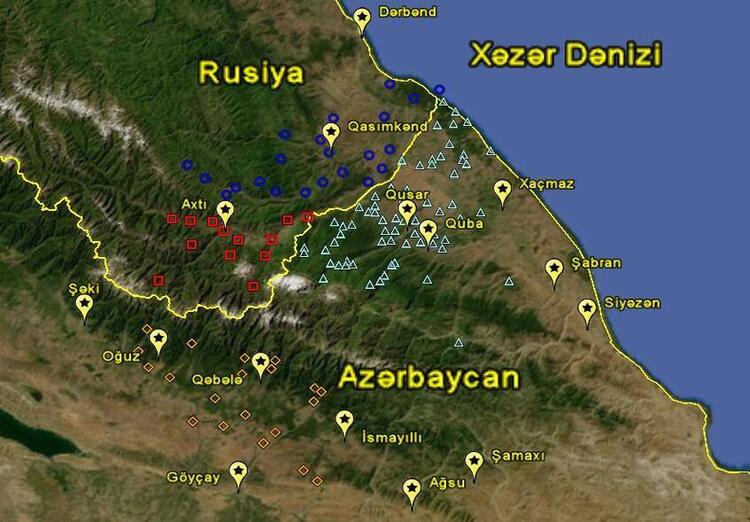Lezgi is spoken by more than 800,000 unique people in the mountains of Northern Azerbaijan and southern Dagistan, Russia. It is a Caucasian language from the Lezgin language family, and thus shares similarities with the Tsakur and Rutul languages. Having its roots in the ancient Albainian Empire (5-7thC), it has been spoken for many years in the Caucasus Mountains. The Lezgi script has changed several times over the course of those years, but is written today in a modified Cyrillic script using 45 characters. Lezgi dialects can be categorized by four main geographical groups (Qure, Axty, Qusar, Ismaylli), which have small differences in pronunciation, endings, and words. Depending upon various levels of education, most Lezgis can understand each other across dialects. Though these dialects are separated by mountains and country boarders, Lezgi people see their language as unified. Even though Lezgi is known as the most literate of all the minority languages in the Caucasus, the literacy rate among Lezgis is low. Literature generally comes from Dagestan, written in the Qure dialect using a literary style. However, recent publications in Azerbaijan (“Samur” Newspaper and “Chirag” Journal) have helped to make the Lezgi language more accessible and understandable for the common Lezgi person.

